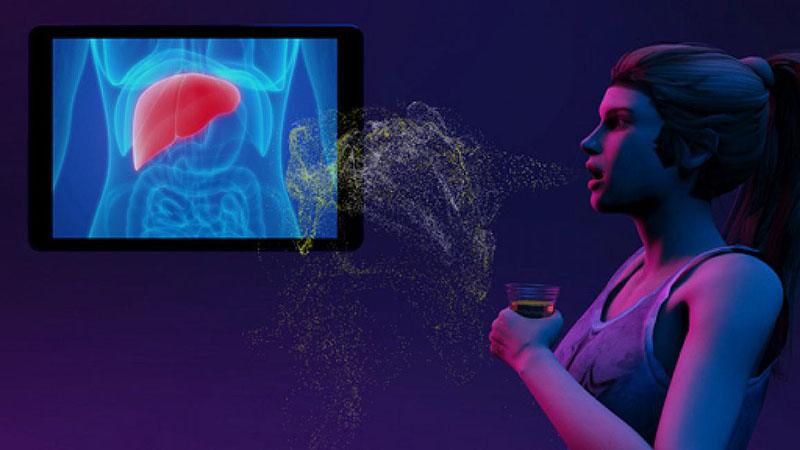IRP scientists develop breath test for methylmalonic acidemia
Researchers at the National Institutes of Health have developed a breath test that measures how well patients with methylmalonic acidemia (MMA) respond to receiving liver or combined liver and kidney transplantation. Researchers also used the test to assess the severity of the disease in people and help determine if they would benefit from surgical or experimental genomic therapies that target the liver. The study results were published in Genetics in Medicine. Scientists at the National Human Genome Research Institute (NHGRI) led the project team, with collaborators from the National Institute of Diabetes and Digestive and Kidney Diseases and the National Institute of Mental Health.
MMA is a rare genomic disease that impairs the body’s ability to metabolize certain proteins and fats. This causes toxic substances to build up, which may result in kidney disease, pancreatitis, movement disorders, intellectual impairments, complications in many organs, and, in severe cases, death. One in 80,000 children born in the United States are diagnosed with MMA during newborn screenings. Currently, MMA is incurable, but people with MMA manage their symptoms through dietary restrictions and vitamin supplements. In extreme cases, patients receive liver or combined liver and kidney transplants, which help restore normal levels of metabolic proteins.
“Vast fluctuations in metabolic substances in the bodies of patients make it difficult for us to tell if treatments like genome editing and transplants are likely to be successful,” said Charles P. Venditti, M.D., Ph.D., senior author and senior investigator in the NHGRI Medical Genomics and Metabolic Genetics Branch. “Instead of looking at levels, we decided to measure metabolism itself.”

Breath test for methylmalonic acidemia measures disease severity and success of liver transplantation for patients.
This page was last updated on Friday, January 21, 2022